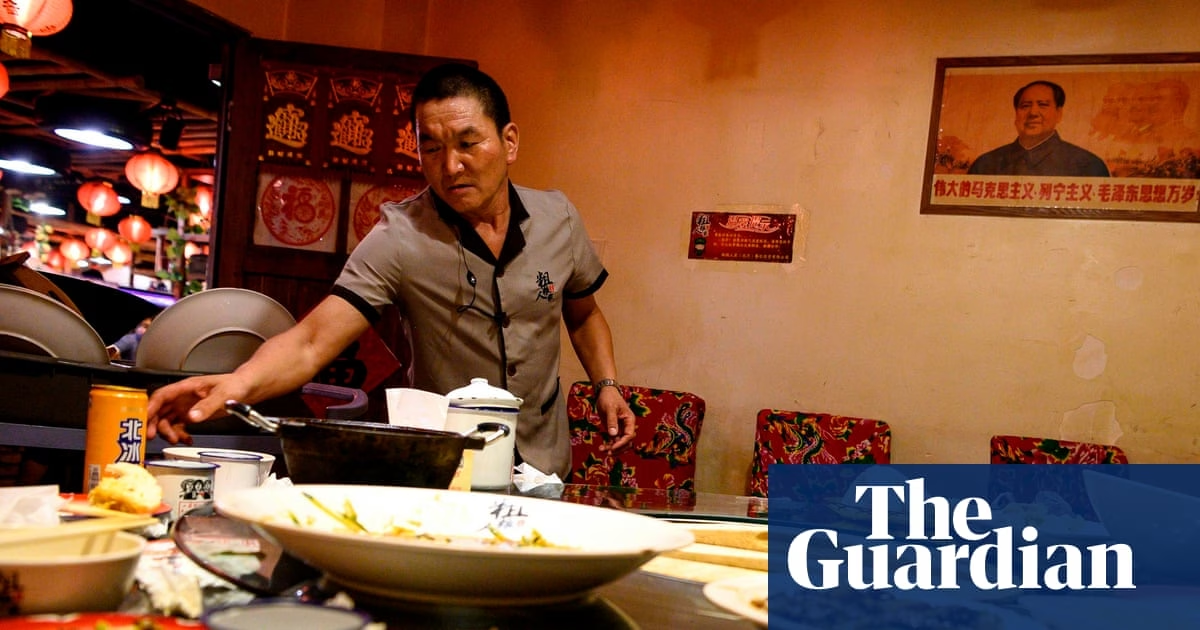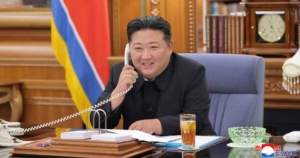Near a municipal building in Beijing, a once-bustling restaurant is now unusually quiet, with most seats vacant at lunchtime. A waitress at the upscale establishment admits that recent government efforts to curb corruption, discouraging civil servants from dining out, have drastically reduced foot traffic and liquor sales.
In May, China implemented stricter guidelines for Communist party members and government employees, banning their participation in lavish dances and conspicuous displays of luxury. With more than 40 million people in the public sector, many specialists foresee that the new rules could impede economic growth.
According to economic analyst Guo Shan, these measures “undermine other policies aimed at improving domestic spending” and could result in a one percent reduction in retail sales growth in the latter half of the year. Initial guidelines were set in November 2013, following the ascension of Chinese leader Xi Jinping, who made combating corruption a central policy.
In June, regional authorities began figuring out how to implement the updated standards. Government workers in some provinces are now prohibited from dining in groups larger than three, and employees are discouraged from entertaining superiors or subordinates with meals.
Chinese President Xi Jinping’s renewed commitment to anti-corruption efforts indicates that previous initiatives may not have been entirely effective. Critics, like public policy expert Alfred Wu, warn that the latest crackdown will likely harm the economy, as seen in the plummeting stock prices of well-known liquor brands like Kweichow Moutai following the introduction of the new restrictions.
Furthermore, the tightening of controls extends beyond dining habits to everyday life for civil servants. This includes strict new rules on international travel, even for leisure purposes. While some argue that these measures could lead to economic sacrifices, Beijing seems willing to prioritize its anti-corruption agenda over short-term concerns about economic growth.
Source: https://www.theguardian.com/world/2025/aug/13/china-civil-servant-public-employee-austerity-drive-economy








